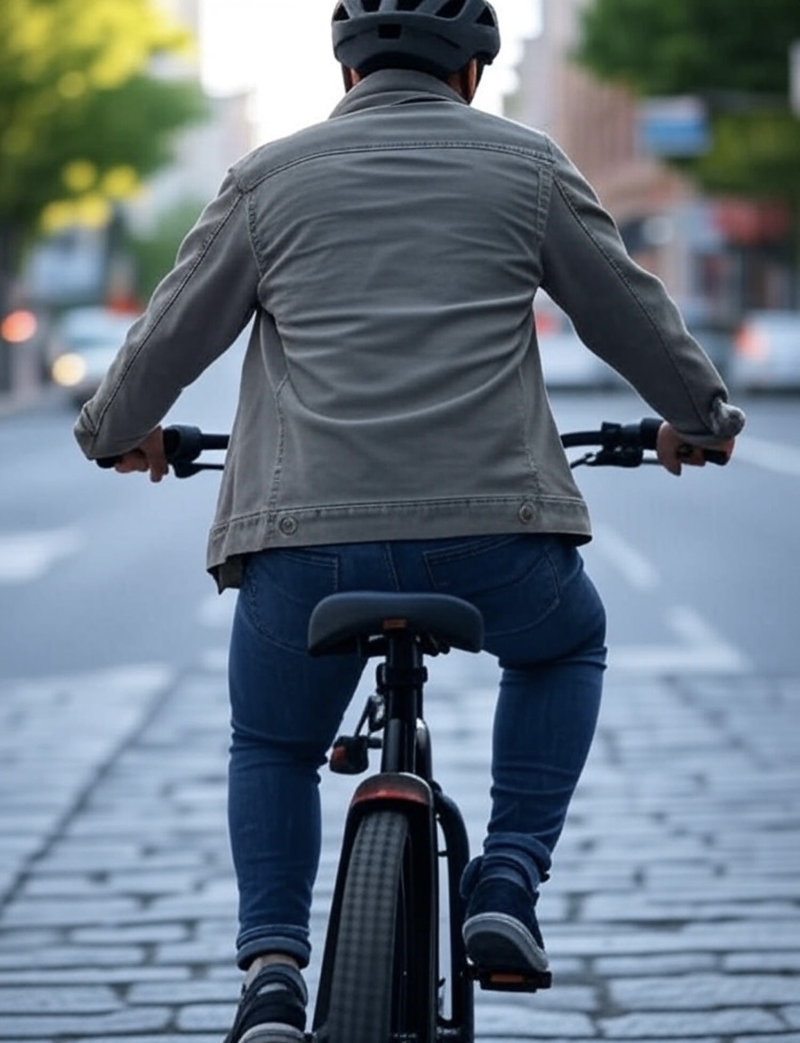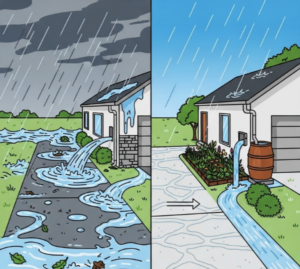Recall Overview: Momentum Vida E+ E-Bikes
On July 10, 2025, the U.S. Consumer Product Safety Commission (CPSC) announced a recall of approximately 6,200 Momentum Vida E+ E-Bikes due to a critical safety issue. The fork steerer tube, a key component connecting the handlebars to the front wheel, can crack, break, or separate during use, posing a significant crash hazard. This recall affects bikes sold between September 2019 and May 2025 in various colors (metallic green, red, navy, pearl white, indigo, panther, and happy mint) and frame configurations (mid-step and low-step, in small, medium, and large sizes). The bikes retailed for $2,500–$3,200 at authorized Giant Bicycle dealers and online at momentum-biking.com.
The issue has already led to four reported incidents of broken fork steerer tubes, though fortunately, no injuries have been reported. Consumers can identify affected bikes by checking the serial number’s third character: bikes with “H,” “J,” or “K” require immediate fork replacement, while those with “G” need a visual inspection by a Giant Bicycle dealer. Giant is offering free fork replacements, and consumers can contact them at 866-458-2555 or via recall@giantbicycle.com for details.
This recall highlights the critical role of engineering in ensuring product safety and underscores how mechanical failures, even in seemingly robust designs, can lead to serious risks. At CED Technologies, our forensic engineers are uniquely equipped to analyze such failures, providing clarity in investigations and helping prevent future incidents.
Engineering Spotlight: The Fork Steerer Tube Failure
The fork steerer tube is a vital structural component in any bicycle, responsible for transmitting steering input from the handlebars to the front wheel while withstanding dynamic loads from rider weight, road conditions, and impacts. In e-bikes like the Momentum Vida E+, which are heavier and often travel at higher speeds (up to 28 mph for Class 3 e-bikes), the steerer tube faces increased stress due to the added weight of the motor and battery, as well as amplified forces during acceleration or braking.
A failure in the steerer tube—whether through cracking, breaking, or separation—can result from several engineering factors:
- Material Fatigue: Repeated stress cycles from riding, especially on uneven terrain, can cause micro-cracks in the steerer tube, particularly if the material (often aluminum or carbon fiber in e-bikes) is not adequately designed for the load. Over time, these cracks propagate, leading to catastrophic failure.
- Design Flaws: Insufficient wall thickness, improper geometry, or inadequate material selection for the steerer tube may not account for the dynamic loads unique to e-bikes, which differ from traditional bicycles due to their weight and power.
- Manufacturing Defects: Imperfections such as voids, inclusions, or improper welding in the steerer tube’s construction can create weak points, reducing its ability to handle stress.
- Assembly Issues: Incorrect installation or torque application during assembly can introduce stress concentrations, accelerating wear or failure.
Unlike the broader injury trends discussed in recent CED newsletters (e.g., e-bike injuries doubling from 2017–2022 or cyclist fatalities rising 87% from 2010–2024), this recall focuses on a specific mechanical defect rather than rider behavior or infrastructure challenges.
CED Technologies’ Role in Investigating E-Bike Failures
At CED Technologies, our mechanical and forensic engineers are adept at dissecting complex failures like the Momentum Vida E+ steerer tube issue. Here’s how we approach such cases:
- Material Analysis: Our engineers examine the failed steerer tube using techniques like optical and scanning electron microscopy, FTIR analysis, metallography, and mechanical testing to identify material defects, fatigue cracks, or manufacturing flaws. For instance, we can determine if the tube’s alloy composition or heat treatment was potentially inadequate for the stresses encountered in e-bike use.
- Stress and Load Modeling: Using finite element analysis (FEA), we simulate the forces acting on the steerer tube under various riding conditions such as braking, cornering, or impacting a pothole to pinpoint whether design or material choices could be insufficient.
- Failure Reconstruction: By combining physical evidence with rider testimony and environmental data, we reconstruct the incident to determine whether environmental conditions and/or user actions incident were motivating factors, or whether the incident occurred as a result of a combination of other factors like improper maintenance /assembly or some identifiable inherent defect.
- Standards Compliance: We evaluate whether the steerer tube met industry standards, such as those set by the International Organization for Standardization (ISO) for bicycle components (e.g., ISO 4210). Deviations from these standards can indicate design or manufacturing oversights.
- Human Factors Integration: While the recall focuses on mechanical failure, our human factors experts assess how rider behavior (e.g., aggressive maneuvering or overloading the bike) may have contributed to the stress on the steerer tube, providing a holistic view of the incident.
Our multidisciplinary approach ensures that we not only identify the root cause of a failure but also provide actionable insights for manufacturers, regulators, and legal teams. For example, in cases involving a steerer tube failure, we might recommend design modifications, such as increasing wall thickness or using a higher-strength alloy, to enhance durability for e-bike applications.
Looking Ahead: Safer E-Bike Design
The Momentum Vida E+ recall is a reminder that as e-bikes grow in popularity, evidenced by a 71% increase in users from 2021 to 2022, per the North America Bike and Scooter Share Association, robust engineering is essential to keep riders safe.
At CED Technologies, we’re committed to advancing safety through rigorous failure analysis. Whether you’re dealing with a product liability case, a personal injury claim, or a design improvement project, our engineers bring unparalleled expertise to uncover the “why” behind mechanical failures and propose solutions to prevent them.
Contact Us
If you’re handling a case involving an e-bike failure or need expert analysis for a product recall, reach out to CED Technologies. Visit cedtechnologies.com or submit an assignment to learn how we can support your investigation.






